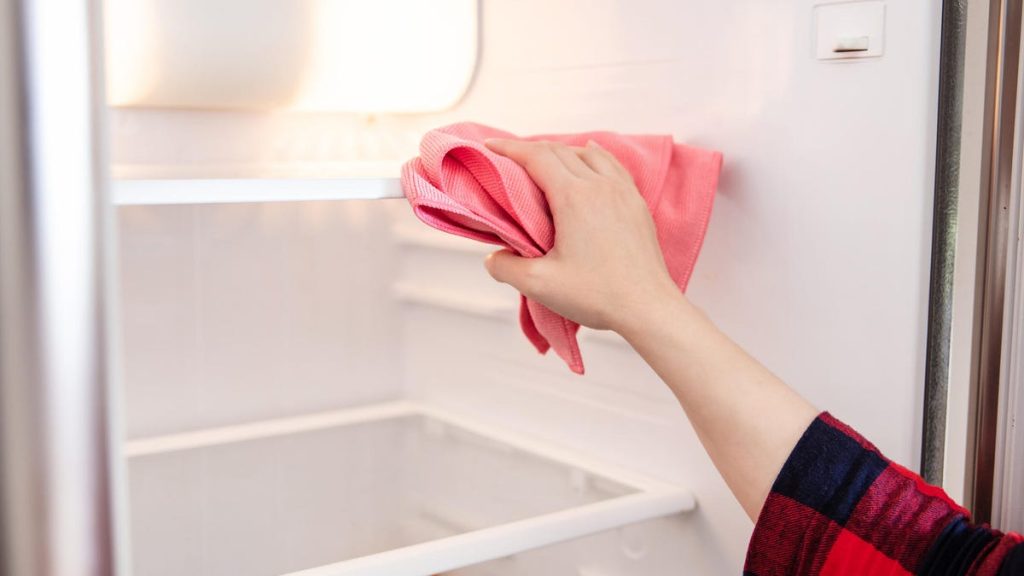The cleanliness of your fridge can have a significant impact on its energy efficiency and, in turn, your power bill. Nicholas Rajkovich, a professor at the University at Buffalo, emphasizes the importance of cleaning both the inside and outside of the fridge to maintain its efficiency. While the refrigerator is not the biggest energy user in a household, saving on energy can result in lower costs. To improve efficiency, it is recommended to clean out expired food, ensure proper airflow in the fridge and freezer, and clean the condenser coils.
One of the main steps to improve energy efficiency in your fridge is to clean out any expired food and ensure proper airflow in both the fridge and freezer. Ice buildup in the freezer’s duct can cause it to run harder, leading to increased energy consumption. Additionally, obstructions in the vents inside the refrigerator can also impact efficiency. Ensuring proper airflow is essential for the fridge to operate efficiently, even when it is fairly full.
Condenser coils play a crucial role in the functioning of a refrigerator by transferring heat from the inside to the outside. Keeping these coils clean is essential for optimal performance. Cleaning the coils may involve removing dust and dirt, following the manufacturer’s instructions, and using a vacuum cleaner or a special brush for thorough cleaning. Making sure the coils are clean can significantly improve the efficiency of the refrigerator.
If you have an old refrigerator that needs to be replaced, consider opting for an Energy Star-certified model. These refrigerators are about 9% more efficient than those that only meet the minimum federal requirements. Energy Star also provides tips for maintaining an efficient refrigerator, such as setting the temperature between 35 to 38 degrees Fahrenheit, placing the fridge in a cool spot with proper airflow, and choosing models with fewer doors to minimize energy leaks.
In addition to cleaning and maintaining your fridge for optimal efficiency, there are other ways to save on energy costs. Unplugging some appliances when not in use and adjusting thermostat settings can help reduce energy consumption. By being proactive in maintaining your refrigerator and implementing energy-saving practices, you can not only improve the efficiency of your fridge but also reduce your overall power bill.Consider energy-saving practices such as unplugging appliances when not in use and adjusting thermostat settings to further reduce energy consumption and costs. By taking these steps to improve the efficiency of your refrigerator and energy usage in your home, you can lower your power bill and contribute to a more sustainable lifestyle.


